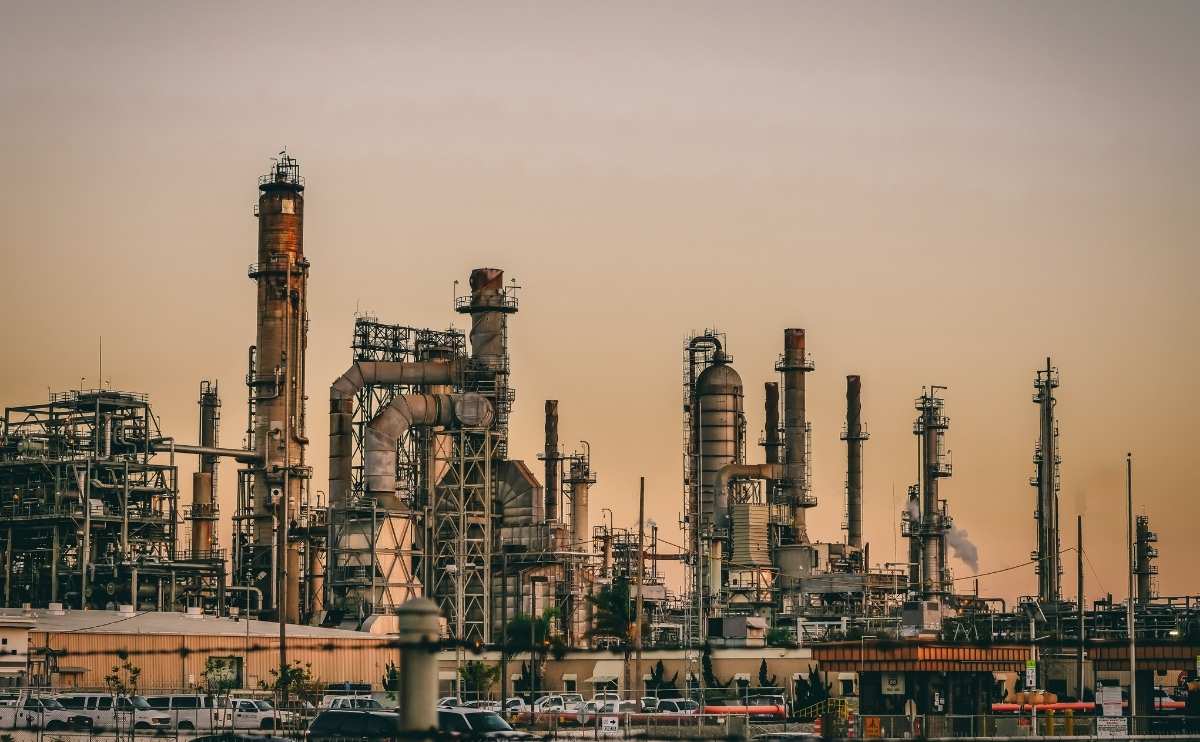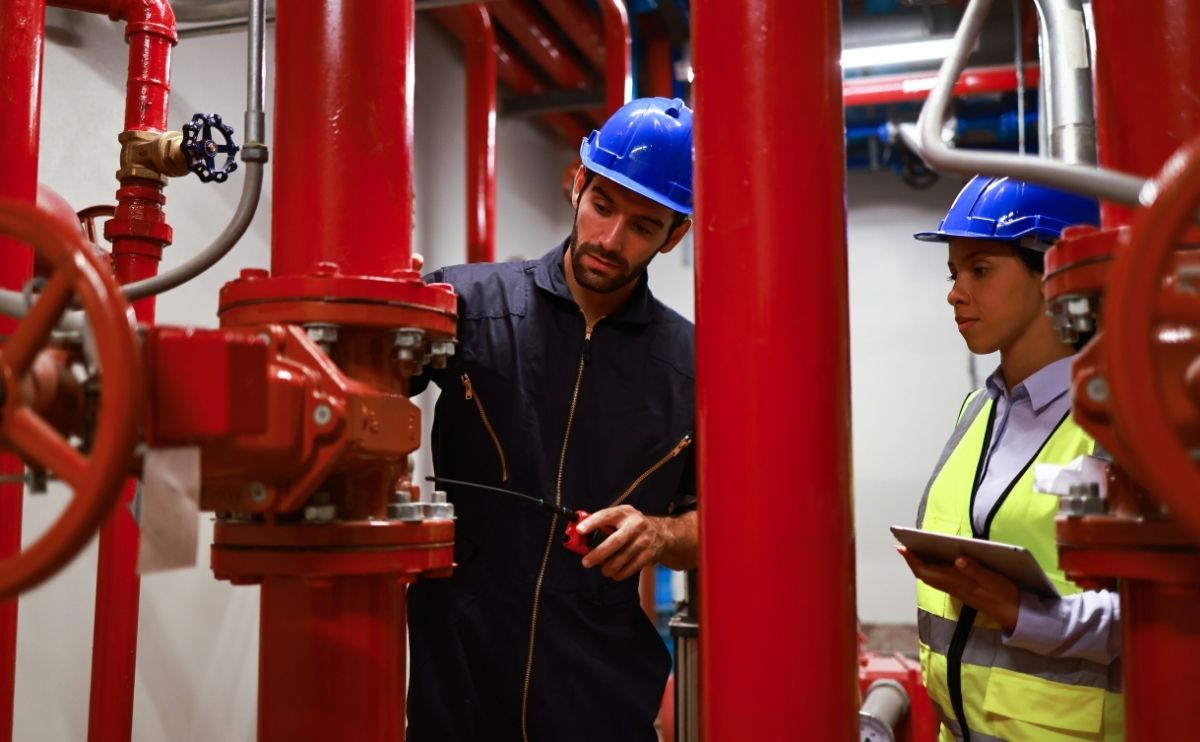Exploring Heat Exchangers for Water Treatment Plants
Water treatment plants play a critical role in supplying clean and safe water for public consumption, agriculture, and industrial use. To perform effectively, these plants rely on various types of equipment, and one of the most essential components is the heat exchanger. Heat exchangers are used in water treatment to transfer heat between fluids, helping regulate temperatures in processes like distillation, desalination, and wastewater treatment. Let’s explore how heat exchangers function in water treatment plants, the benefits they provide, and the reasons they’re crucial for efficient and sustainable water treatment operations.
The Role of Heat Exchangers in Water Treatment
Heat exchangers play an essential role in water treatment facilities by:
- Regulating Process Temperatures: Heat exchangers help control temperatures during critical stages, such as sedimentation, filtration, and sludge treatment, ensuring that each process runs efficiently.
- Enhancing Chemical Reactions: Many treatment processes, including chemical dosing and flocculation, rely on specific temperatures to optimize reactions, making heat exchangers essential for regulating these conditions.
- Managing Waste Heat: Heat exchangers capture waste heat from treatment processes, which can then be repurposed to preheat incoming water or provide heat for other plant operations, enhancing overall energy efficiency.
These functions make heat exchangers invaluable for ensuring stable, efficient water treatment processes.
Types of Heat Exchangers Used in Water Treatment
Several types of heat exchangers are commonly used in water treatment plants, each with unique features suited for different applications:
- Plate Heat Exchangers: Known for their compact design, plate heat exchangers offer efficient heat transfer and are ideal for applications with limited space. They are often used in smaller plants or in processes where quick heat transfer is essential.
- Shell and Tube Heat Exchangers: Durable and versatile, shell and tube heat exchangers handle high pressures and temperatures, making them suitable for large-scale applications.
- Spiral Heat Exchangers: Featuring a spiral design, these exchangers maximize surface area and heat transfer efficiency, commonly used in high-solid applications like sludge processing.
- Double Pipe Heat Exchangers: Simple yet effective, double pipe exchangers are useful in applications requiring minimal maintenance and lower heat transfer needs.
Each type of heat exchanger has specific benefits and is selected based on the requirements of the water treatment process, space, and budget constraints.
Benefits of Using Heat Exchangers in Water Treatment
Implementing heat exchangers in water treatment plants provides a range of benefits that support both operational efficiency and environmental sustainability:
- Energy Efficiency: By capturing and reusing waste heat, heat exchangers reduce the overall energy consumption of the plant, lowering operational costs and carbon emissions.
- Reduced Operational Costs: Less energy consumption means lower expenses on electricity and heating fuel, contributing to more cost-effective plant operations.
- Process Stability: Heat exchangers help maintain consistent temperatures, crucial for stable and effective treatment processes.
- Environmental Impact Reduction: Efficient heat exchange minimizes energy usage and, by extension, greenhouse gas emissions, supporting sustainable water treatment plants practices..
With these benefits, heat exchangers contribute not only to effective water treatment plants but also to reduced environmental impact and resource conservation.
Applications of Heat Exchangers in Water Treatment Plants
Heat exchangers are used across various stages in water treatment, including:
- Desalination Processes: Used to recover and recycle heat in desalination processes, making saltwater desalination more energy-efficient.
- Wastewater Treatment: In wastewater treatment, heat exchangers help stabilize the temperature of sludge and treated water to prevent bacterial contamination and other quality issues.
- Boiler Feed Water Preheating: Preheating feed water for boilers can help reduce the energy needed for heating, enhancing plant efficiency.
- Anaerobic Digestion: In processes where organic material is broken down, heat exchangers regulate temperature for optimal biological activity, maximizing methane production for biofuel use.
Each of these applications relies on heat exchangers for efficient and consistent temperature control, supporting effective water treatment across various stages.
Selecting the Right Heat Exchanger for Your Water Treatment Plant
Choosing the correct heat exchanger for a water treatment plant requires consideration of several factors:
- Space Availability: Plate heat exchangers may be preferred for compact spaces, while shell and tube exchangers suit larger facilities.
- Maintenance Requirements: Shell and tube exchangers typically require more maintenance but are also more robust, handling demanding processes well.
- Operating Conditions: For high-pressure or high-temperature processes, shell and tube or spiral heat exchangers are ideal.
- Budget Constraints: While spiral heat exchangers may offer high efficiency, they are also more expensive, so the plant’s budget may influence the choice.
For additional insights on selecting the right heat exchanger, check out this article on Choosing the Right Heat Exchanger for Your Industry. Selecting a suitable heat exchanger optimizes plant performance, minimizing energy consumption and operational costs.
Conclusion
Heat exchangers are essential for efficient and sustainable water treatment, helping to control temperatures, enhance process stability, and reduce energy costs. By understanding the different types of heat exchangers and their applications, water treatment plants can choose the most effective system for their needs. As water treatment technology continues to evolve, heat exchangers will play an even greater role in supporting resource conservation and operational efficiency in water treatment plants.





